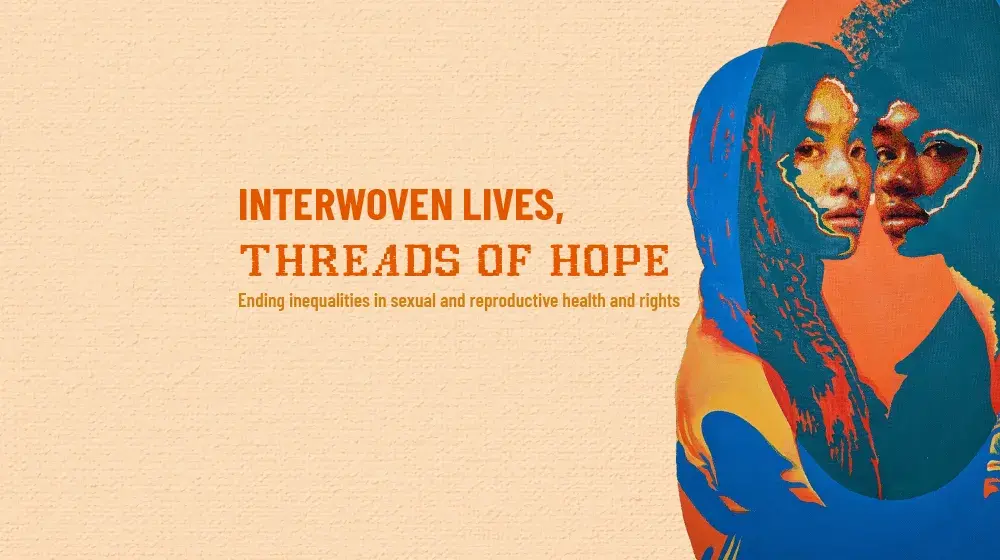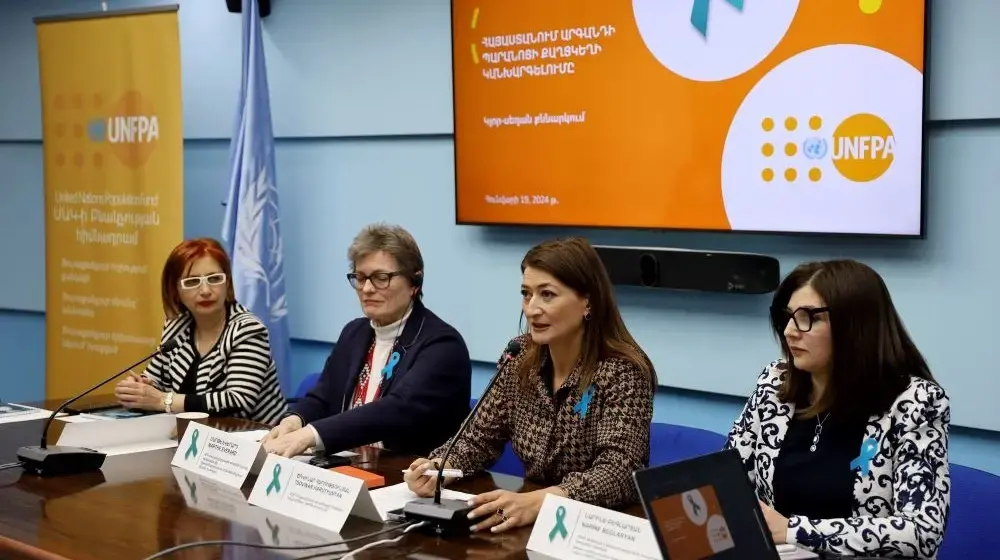Family planning can reduce the number of abortions, maternal mortality and prevent infertility, the report suggests
Yerevan, 14 November 2012 – Today, UNFPA, United Nations Population Fund released the State of World Population 2012 report, which this year was dedicated to family planning as a human right that can help reduce the number of abortions and maternal mortality.
If the unmet need for contraceptives was met, worldwide, an estimated 26 million abortions would not take place this year. In Eastern Europe 48% of pregnancies are unwanted. The vast majority of these end in abortion (79%).
According to the 2012 State of the World Population report, “The evidence is strong that as modern contraception becomes more widely used, abortion rates fall (Westoff, 2008). For example, in Russian Federation, as the use of the intrauterine device and the pill increased by 74 between 1991 and 2001, abortion, which had been the primary means of fertility control for decades, fell by 61 per cent. Similar patterns are seen throughout the Eastern Europe and Central Asian countries where women previously lacked access to modern contraception (Westoff, 2005).”
The rate of modern contraceptive use is relatively low in the Eastern Europe and Central Asia. The region has a modern contraceptive prevalence rate of 54% for women in age group 15-49. Moreover, the belief that family planning negatively affects fertility rates is not necessarily the case as the fact check shows. As a matter of fact, the contraception prevalence rate in Turkey is 73% (modern contraception methods - 46%), but at the same time Turkey is considered to be a main engine of population growth in the region and has a total fertility rate of 2.2. However, in Armenia contraception prevalence indicators are 55% and 27% respectively, while the total fertility rate constitutes 1.7.
However, family planning and use of modern contraception can significantly contribute to addressing the bitter issue of infertility, thus facilitating population growth. I Armenia, almost one in five families is infertile (UNFPA, 2009), the overwhelming majority of them have secondary infertility, which means that the person previously had a child, but cannot bear a child anymore, the main reasons being unsafe abortions and sexually transmitted diseases due to the lack of sex education and access to affordable family planning services.
The full report and related materials can be downloaded from http://www.unfpa.am/swp-2012.
UNFPA, the United Nations Population Fund, is an international development agency that promotes the right of every woman, man and child to enjoy a life of health and equal opportunity. UNFPA supports countries in using population data for policies and programmes to reduce poverty and to ensure that every pregnancy is wanted, every birth is safe, every young person is free of HIV, and every girl and woman is treated with dignity and respect.
For additional information please contact:
Mr. Mher Manukyan, Communication Assistant, UNFPA Armenia
E-mail: manukyan@unfpa.org
Phone: (+374 10) 54 34 17; (+374 77) 03 25 25; (+374 91) 42 90 29




